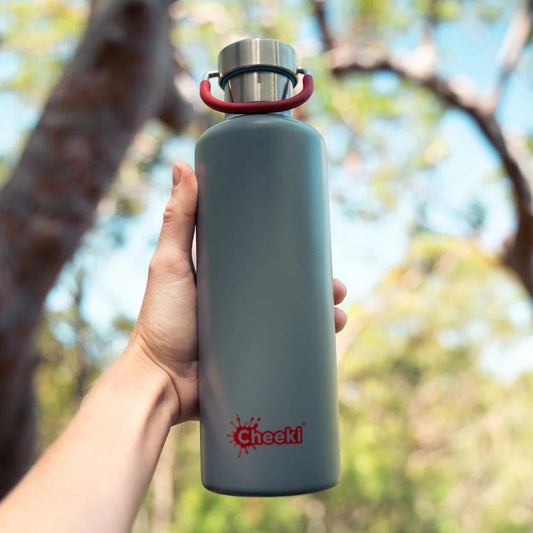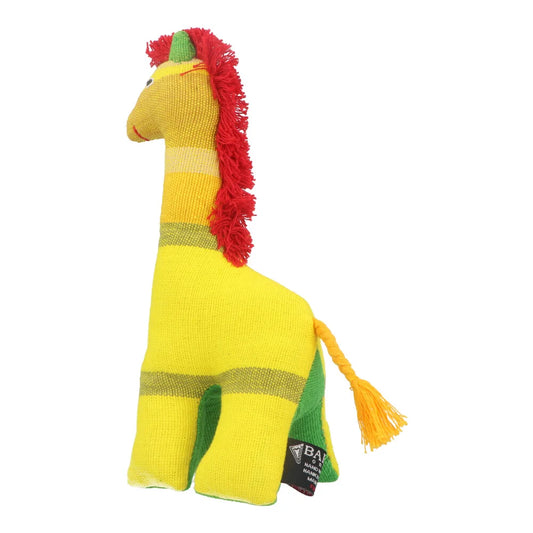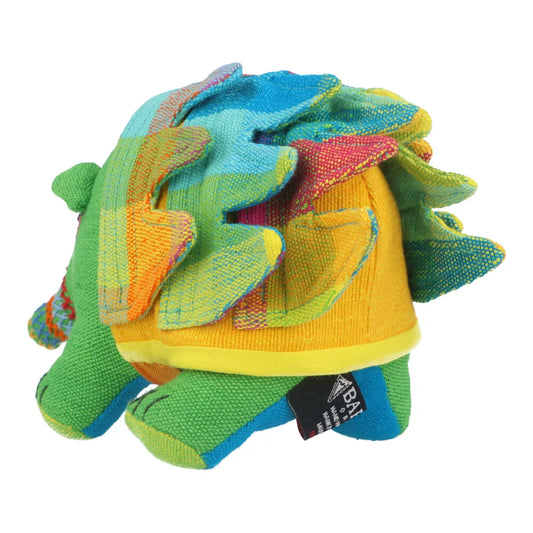By Shea Wittig
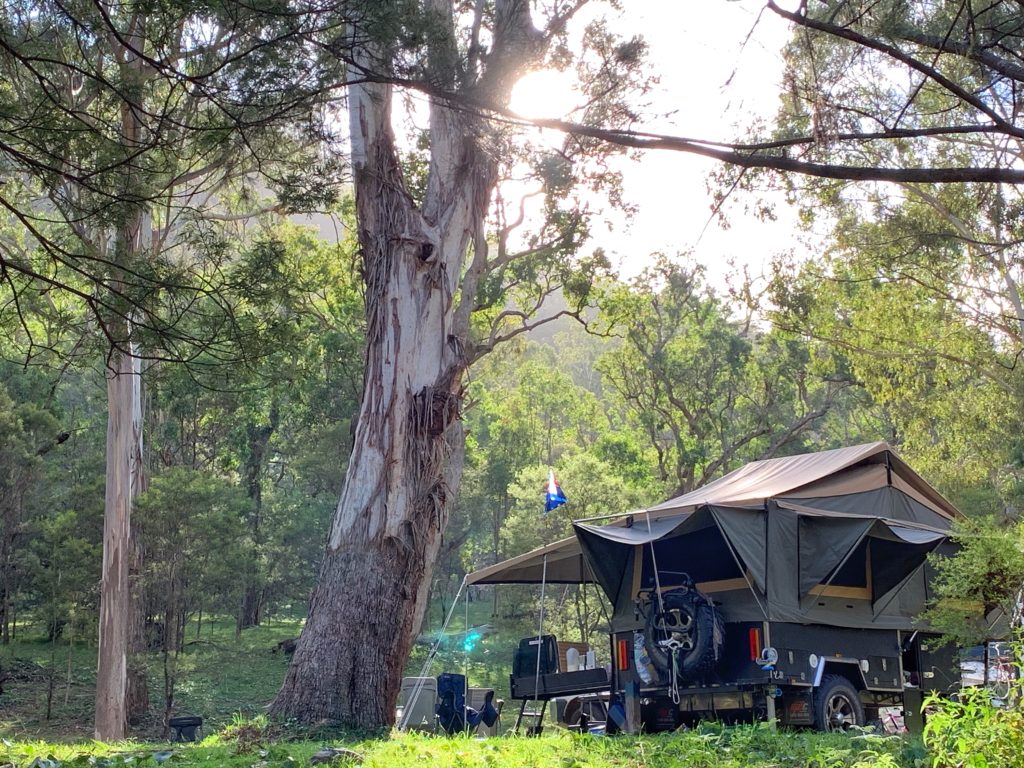
“There is no such thing as ‘away'. When we throw anything away it must go somewhere”.
Annie Leonard
As pressure on landfill continues to rise, conversations regarding waste are becoming more and more prevalent. Statistics show Australia generates 54 megatonnes (Mt) of core waste, with households and local government activities being responsible for 13.8 Mt of that total (Blue Environment Pty Ltd; Randell Environment Consulting, 2018). It is estimated that 3 million tonnes of this waste consists of plastic and only 10% is recycled (Boomerang Alliance, 2016), which is completely unacceptable, especially when compared to Norway which boasts an impressive 97% recycling rate (Milton, 2018).
With alarming reports showing 90–120,000 tonnes of plastic enter our oceans and waterways (Boomerang Alliance, 2016), combined with China recently closing the agreement to take Australia's recycling (Retamal, Dominish, Thinh, Nguyen, & Sharpe, 2019), there has never been a better time to take matters into our own hands in a bid to change the national culture.
On that note, here are three easy steps our family took, during a recent challenge, to reduce waste during our off-grid camping adventure.
When you are camping in a remote or off-grid location you need to be aware there is often no designated place to dispose of your rubbish therefore, every piece you generate must be taken home. The thought of travelling any distance with a collection of stale waste could just be the motivation needed to read on for ideas on how to keep your total amount to a minimum when you are holidaying in the great outdoors.
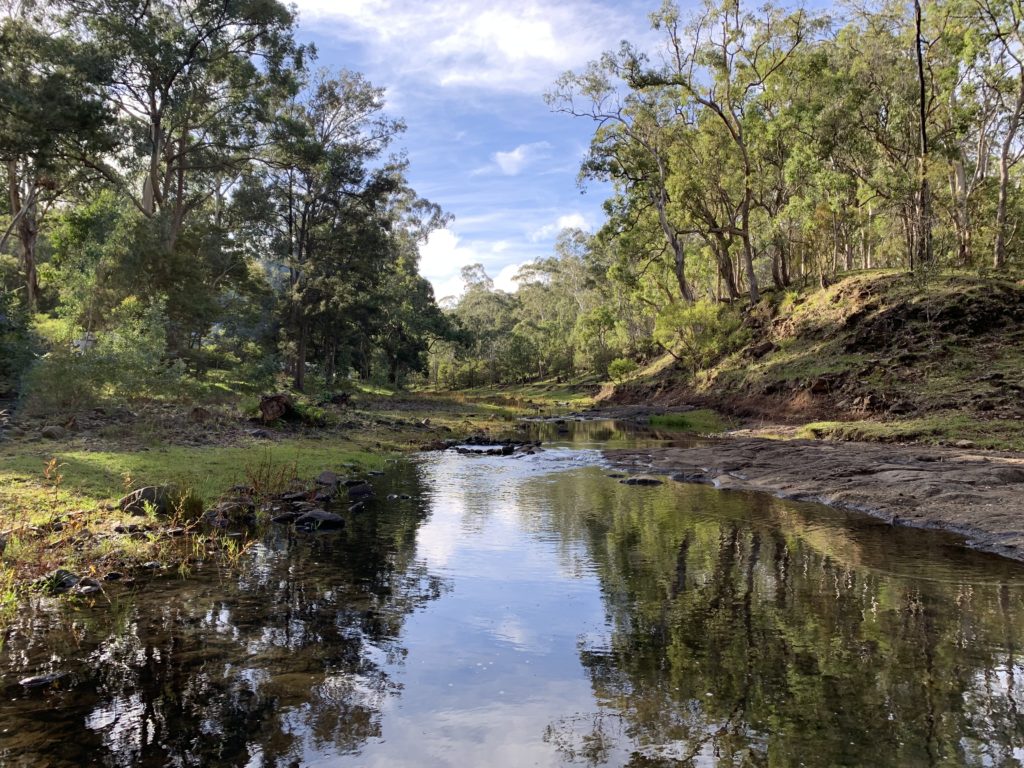
Step One - Preparation
The most effective way to minimise the amount of waste you generate is to pre-plan your meals and reduce your packaging while shopping for groceries. It is simply a matter of being organised which, let's face it, is the secret to any successful camping adventure.
Meal planning can be done with the help of an App, for tech-minded individuals, or you may find using ‘notes' on your phone to be just as effective. One important point to keep in mind, when relying on electronic communication tools, is whether or not your camp ground will have a reliable WIFI connection.
Planning your meals is the first place to start because it assists with:
- Writing an efficient shopping list.
- Allocation of significant space both in and out of refrigeration.
- Time management - shopping precincts are not usually located near remote camping spots.
When it comes to grocery shopping the easiest way to refuse unwanted packaging is to visit your local bulk food store as they encourage shoppers to fill their own containers. This also saves time by implementing the one-touch rule which simply involves filling your container once in store and then goes straight onto the shelf when you return home – no unpacking and sorting necessary. The same time-saving tip can be applied when choosing reusable produce bags for fruit and vegetables which are effective for transport and storage in the fridge.
A great food hack, which reduces unwanted packaging, is to opt for meals-in-a-jar as everything from a curry to salads can be prepared with this method. Our family favourite, especially for a camping adventure, is the Well Nourished pancake mixture.
One last suggestion, for reducing unwanted waste during a camping adventure, is to spend a few minutes transferring your food into reusable containers during the preparation stage. That way, any single-use packaging you may have accumulated from the store, can be placed in appropriate rubbish bins at home before setting off.
Step Two – Practical Storage Ideas
The single biggest issue when it comes to managing food, camping or no camping, is to ensure it is correctly stored. Food poisoning is not something to be taken lightly and is especially prevalent for those who are heading to remote locations.
Whether you have an esky (also known as a cool box) to fill with ice or the capability to run a refrigerator, a range of storage items and compartments will help minimise waste. Here are some ideas for food which requires refrigeration.
- Remembering the one-touch rule and choose reusable produce bags that double as appropriate storage for keeping fruit and vegetables fresh.
- Oversized BPA free plastic containers with a secure lid, are perfect for adding a compartment to large eskies or camp fridges to protect soft fruit and vegetables from rolling around in the bottom and getting damaged.
- Don't be afraid to reuse glass jars and storage containers. They might just require a little bit more care when packing and, if in doubt, separate them with a tea towel or material serviette you can use throughout the holiday.
- Stainless steel containers are great multi-use items doubling as storage and extra bowls.
- Covering a bowl with a plate is a practical way to avoid single-use plastic wrap and also provides a secure ‘shelf' to stack other items on in the fridge.
- Beeswax wraps, sandwich bags and food wraps are an essential item for any camping trip. The storage possibilities with these are endless.
Step Three – Organising Your Rubbish
The best way to ensure you are taking every opportunity to reduce the amount of waste being sent to landfill is to get organised and allocate separate vessels for each category of collection. Those camping remotely have the added incentive of being proactive if there is no bin service available because, every item of waste you generate has to remain at your campsite for the duration of your holiday, without causing an unpleasant odour or attracting the attention from unwanted animals or rodents. It then must be packed up and taken home.
Household waste is most commonly separated into three categories which are recycling, compost and landfill. Here are some details to get to started:
Recycling
Council Recycling
A box is the perfect make shift vessel for a recycling bin while you are camping. Just ensure you are familiar with what can and cannot be recycled in your local area. A quick look at your Council website will answer all your questions.
Cash for Containers
Keeping household recycling separate from cans and bottles is recommended if you are in an area which provides a Cash for Containers Scheme, so they can be dropped at a Deposit Station.
Soft Plastics
If you have an esky which requires ice, then the bag the ice comes in can be reused to collect other soft plastics. ‘Redcycle' have deposit bins in major supermarkets and selected independent retail stores Australia wide. Just make sure you thoroughly rinse the bags before they are gathered up, especially if they have been used for meat.
Miscellaneous
There are two other services worth mentioning when talking about recycling and they are:
- The battery take-back scheme provided by Aldi. You will find a recycling bin in all Aldi stores across Australia.
- Terracycle will recycle any form of waste such as cosmetic tubes, toothpaste, coffee capsules, pens, etc. Those in the Brisbane area will find a collection point at Biome Eco Stores.
Compost
Food waste is an alarming issue the world over with Australia sending an estimated 5 million tonnes to landfill (Oz Harvest, 2019). One way to manage left over food is to ensure you don't have any and meal planning is one way to help combat this, as is getting creative and cooking any left overs for future meals. There is nothing better than reheating yesterday dinner on an outdoor BBQ, just remember to store and reheat the food appropriately.
There are two options of disposing of compost while camping and that is to either bury your food scraps or take them home. This will largely depend on the area you are camping in and the local rules and expectations. If you are permitted to bury the compost, make sure you dig a hole deep enough as to not attract and encourage wildlife. Feeding wild animals is strictly prohibited in most National Parks and Reserves, not to mention the inconvenience of having rodents visiting during your stay. Those who need to take their food scraps home are best to pack a container/bin with a sealable lid to keep unwanted insects from hovering around.
Another option is one of our smaller Bokashi style compost bins. These are designed for kitchen benches, but are also small enough to allow for portability in the car. Just pack them carefully so they don't tip over on your drive!
Landfill
Hopefully, after following the above suggestions, you reach this category with little to no remaining rubbish!
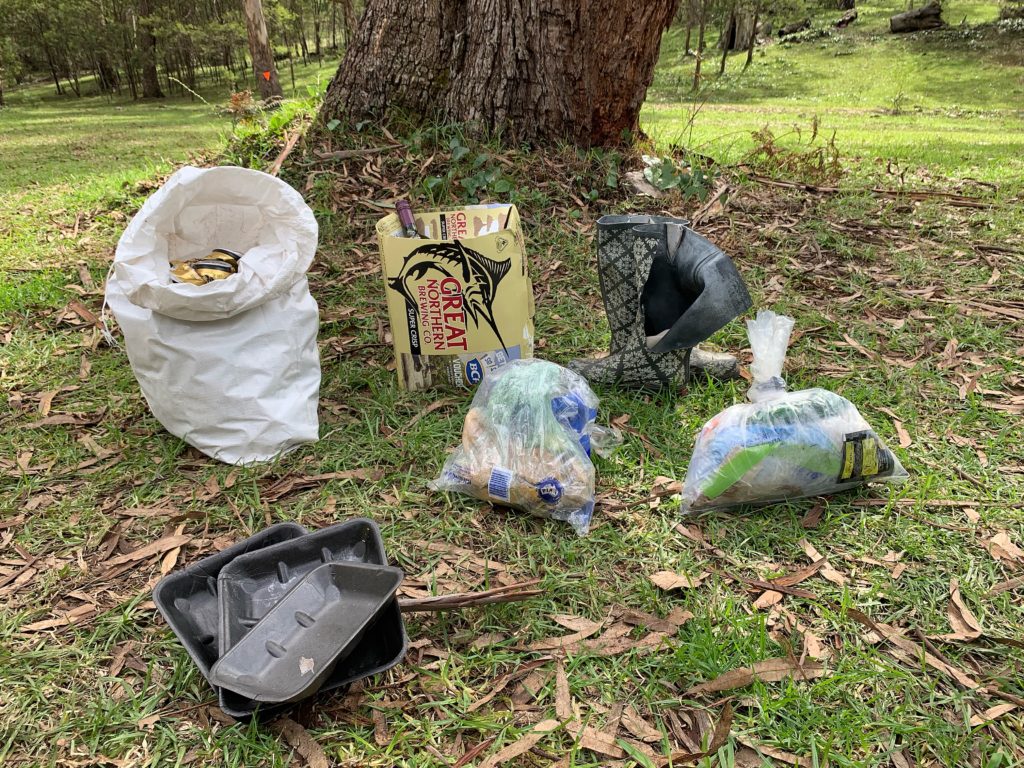
----------------------
Zero wasters will be familiar with the 5 R's of reducing waste – refuse, reduce, reuse (repair), recycle and rot. Let's have a look and see how we have incorporated this hierarchy into a camping routine:
- Refuse packaging when shopping for supplies
- Reduce the amount of packaging by getting creative with pre-organising food, e.g. meals in a jar
- Choose reusable jars, storage containers and food wraps
- Recycle as many items as possible
- Separate your compost to rot
Actually, now that you can see how reducing waste is as easy as implementing these simple steps, you might also consider implementing these habits into your home lifestyle routine as well!
References:
Blue Environment Pty Ltd; Randell Environment Consulting. (2018). National Waste Report 2018. Department of the Environment and Energy.
Boomerang Alliance. (2016). Our plan to stop 70% of Australia's plastic from entering the ocean by 2020. Retrieved May 2019, from https://www.boomerangalliance.org.au/the_plan
Milton, S. (2018, September 19). War on waste - what can Australia learn from Norway? Retrieved May 2019, from https://www.boomerangalliance.org.au/what_can_australia_learn_from_norway
Oz Harvest. (2019). Food Waste Facts. Retrieved May 2019, from https://www.ozharvest.org/what-we-do/environment-facts/
Retamal, M., Dominish, E., Thinh, L. X., Nguyen, A. T., & Sharpe, S. (2019, January 30). Here's what happens to our plastic recycling when it goes offshore. Retrieved May 2019, from https://theconversation.com/heres-what-happens-to-our-plastic-recycling-when-it-goes-offshore-110356
Related Links:
Some of our favourite ways to reduce waste are through the use of Silicone Travel Bottles, Travel Cutlery and Travel Mugs. Check them out today!
Another common source of camping waste is batteries from various bits of tech. Eliminate the need for batteries with our camp lighting solutions. Rechargeable lights, centered around a solar panel charger.
How to Start a Fire Without Matches or a Lighter
How to Reduce Your Waste While Camping
5 MORE Ways to be an Eco-Camper
Another great option is to consider switching to an Eco Friendly phone case. Pela cases are compostable at the end of their life!














